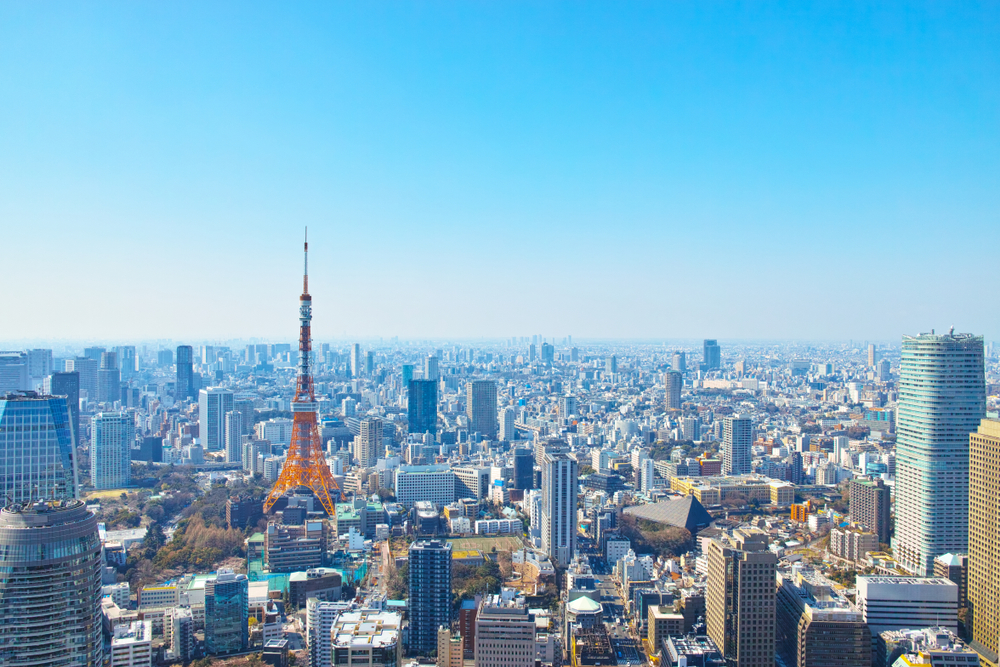Tokyo apartments reach peak prices in 10 years
Tokyo’s luxury property market has skyrocketed as developers capture demand for high-end homes

As stated by the Real Estate Economic Institute, brand-new apartments priced over JPY100 million (USD955,922) released for sale across greater Tokyo mounted up to 1,818 in 2020. The most expensive was a penthouse in Proud Daikanyama Front, valued at JPY690 million, as reported by Japan Property Central.
Today’s luxury listings in Tokyo include a JPY500 million (USD4.8 million) penthouse in Grand Hills Meguro 1-Chome, a JPY530 (USD5 million) million apartment in Shirokane The Sky, as well as a JPY520 million (USD4.9 million) apartment soon to be sold in Foretseine Shibuya Tomigaya.
In January, many tenants started moving into the recently completed 39-storey Park Court Shibuya The Tower located near Yoyogi Park. Apartments were quoted like new freehold construction; despite being built on the land of the former Shibuya Ward Office.
The most expensive room was a 200 square metre penthouse worth approximately JPY1.5 billion (USD14.3 million). Other apartment units were priced from JPY1,685,000-2,735,000 per square metre off-the-plan, varied by the room’s floor, size, and views.
On the resale market, Tokyo Kantei mentioned a total of nine buildings with apartments priced over JPY3 million per square metre were listed for sale in 2020, five buildings more than 2019.
More: Japan encourages migration out of Tokyo via home ownership
Developers and brokers have a significant number of buyers queued up to purchase high-end homes in selected areas, which they can easily sell without needing to publicise on the open market.
According to Nomura Research Institute, the net financial assets of Japanese households have consistently grown since 2013. Despite the pandemic, the Nikkei Stock Average ended the year with a 16 percent increase – a 30-year high. Wealth Japanese have been, to a degree, shielded from the economic impact of the COVID-19 pandemic.
Recommended
Why everyone is moving to Selangor and Johor: Malaysia’s real estate comeback
Malaysia’s upturn in fortunes is especially prevalent in secondary destinations such as Selangor and Johor
Penang’s silicon boom: How the US-China tech war is supercharging local real estate
Penang’s booming semiconductor industry has created ripples within the local real estate sector
New leader, new opportunities: How Hun Manet is shaking up Cambodia’s real estate game
Hun Manet is overseeing decent economic growth and widening access to the country’s real estate market for foreigners
Singapore embraces inclusive housing reforms amid resilient demand
The Lion City’s regulatory strength continues to exert appeal for international investors








